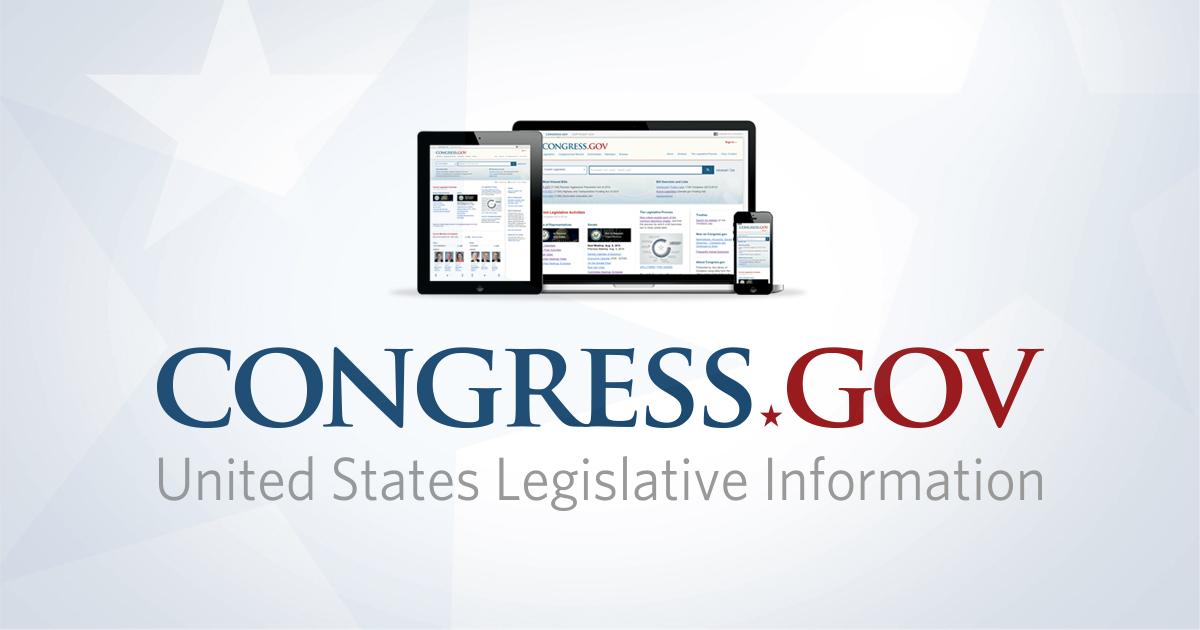4
Susan Eliason
Good practice is advocacy
Many services will already be engaging in ‘internal advocacy’ for young children by providing quality experiences for all young children in their early childhood services. In fact, this type of advocacy is part of National Quality Standard – by ensuring ‘the dignity and rights of every child are maintained at all times’. (NQS Element 5.2.3), working in partnership with parents and ‘helping families access services’ (Gibbs, 2003, p.7) (NQS Quality Area 6) and working with the community to improve children’s developmental outcomes (NQS Quality Area 6).
ECA also recently developed the Supporting young children’s rights – Statement of Intent to assist professionals to advocate for children’s rights in early childhood services.
It’s our ethical responsibility
‘Early childhood professionals have an ethical obligation to be advocates for children and families by virtue of their role. It is important to understand the effect of advocacy and public policy on the lives of children.’(Gibbs, 2003, p.9)
The ECA Code of Ethics provides a framework to support advocacy on behalf of young children. It’s the ethical responsibility of professionals ‘promote shared aspirations amongst communities in order to enhance children’s health and wellbeing’.
The Code of Ethics also provides a responsibility to engage in public advocacy – ‘for the development and implementation of laws and policies that promote child-friendly communities’ and to ‘utilise knowledge and research to advocate for universal access to a range of high-quality early childhood programs for all children’.
2016 is a big year for advocacy
There has never been a more important year for public advocacy on behalf of children by early childhood professionals. It’s a Federal election year. New laws are before the Parliament which will remove some children’s subsidised access to early childhood education entirely. There continues to be a gap in the public’s understanding of early childhood development. And there is even a proposal by governments to remove ‘play’ from educational program and practice.
While many services have engaged in internal advocacy, some services may need support to engage in public advocacy for the first time.
This may include, inviting your local politician to visit your service, providing feedback to consultations with children’s interests in mind, and engaging on children’s issues on social media.
The best way to start is engaging in ‘shared advocacy’ is through professional network by becoming a member of Early Childhood Australia.
ECA has developed new resources on how to advocate as an early childhood professional.
You can also see how ECA advocates for young children – including how to get involved in our upcoming campaigns.
|
www.congress.gov
Search Results from U.S. Congress legislation, Congressional Record debates, Members of Congress, legislative process educational resources presented by the Library of Congress
|
||
National Association for the Education of Young Children. (n.d. ) Federal and State Adgendas Available at the NAEYC website: https://www.naeyc.org/policy/excellence
References
Gibbs, L. (2003). Action, advocacy and activism: Standing up for children. Marrickville, Sydney: Community Child Care Co-operative (NSW).
Amy’s website as well – Strategies for Children
The General Court of the Commonwealth of Massachusetts website https://malegislature.gov/Bills/Search?SearchTerms=early+childhood+education
Look at the bills. Find one bill that relates to what we are discussing. Summarize and highlight sponsors.
Commonwealth of Massachusetts Child Care Resources. Links for Advocacy. Available at
http://machildcareresourcesonline.org/advocacy/links-for-advocacy/
The website provides materials that provide information regarding advocacy in Massachusetts. Several of the links discuss current issues and legislation as well a contact information for State Senators and Representatives. The links are:
- Governor’s Office – Massachusetts
- Joint Committee on Children, Families and Persons with Disabilities
- Joint Committee on Education
- Senate Committee on Ways and Means
- House Committee on Ways and Means
- Children’s Defense Fund- A national organization that advocates nationwide for policies and programs that lift children out of poverty; protect them from abuse and neglect; and ensure their access to health care, quality education and a moral and spiritual foundation.
- Child Welfare League Of America is a powerful coalition of hundreds of private and public agencies that since 1920 has worked to serve children and families who are vulnerable. Our expertise, leadership and innovation on policies, programs, and practices help improve the lives of millions of children across the country.
- NACCRRA Policy Link- National Association of Child Care Resource and Referral Agencies (NACCRRA) advocates for projects that increase the quality and availability of child care, undertake research on the child care landscape, and advocate for child care policies that improve the lives of children and families.
- Strategies for Children, Inc. and Early Education for All Campaign works to ensure that children in Massachusetts have access to high-quality early education and become proficient readers by the end of third grade. EEA is a broad-based coalition of leaders from business, early childhood, labor, religion, health care, education and philanthropy, allied with parents, grassroots leaders and policymakers on behalf of children and families.
- Zero to Three Policy Network – The Policy Center advocates for Federal, State and Local Policy to promote health, strong families, and positive early learning experiences for all infants and toddlers, with special emphasis on those who are the most vulnerable and in need.
Kadzielawski, T. (2015) Early Childhood Advocacy for Dummies. McCormick Center for Early Childhood Leadership available at: http://mccormickcenter.nl.edu/early-childhood-advocacy-for-dummies-part-1/ and http://mccormickcenter.nl.edu/advocacy-for-dummies-part-2/
National Association for the Education of Young Children. (n.d.) Build Your Advocacy Skills and Knowledge. Available at http://www.naeyc.org/policy/advocacy
Washington, V., Gadson, B., and Amel, K. (2015) The New Early Childhood Professional: A Step-by-Step Guide to Overcoming Goliath. Teachers College Press
White, L., Friendly, M., and Prentice, S. (2016) Beyond Baby Steps: Planning for a national childcare system. Available at the Policy Options website: http://policyoptions.irpp.org/magazines/july-2016/beyond-baby-steps-planning-for-a-national-child-care-system/

